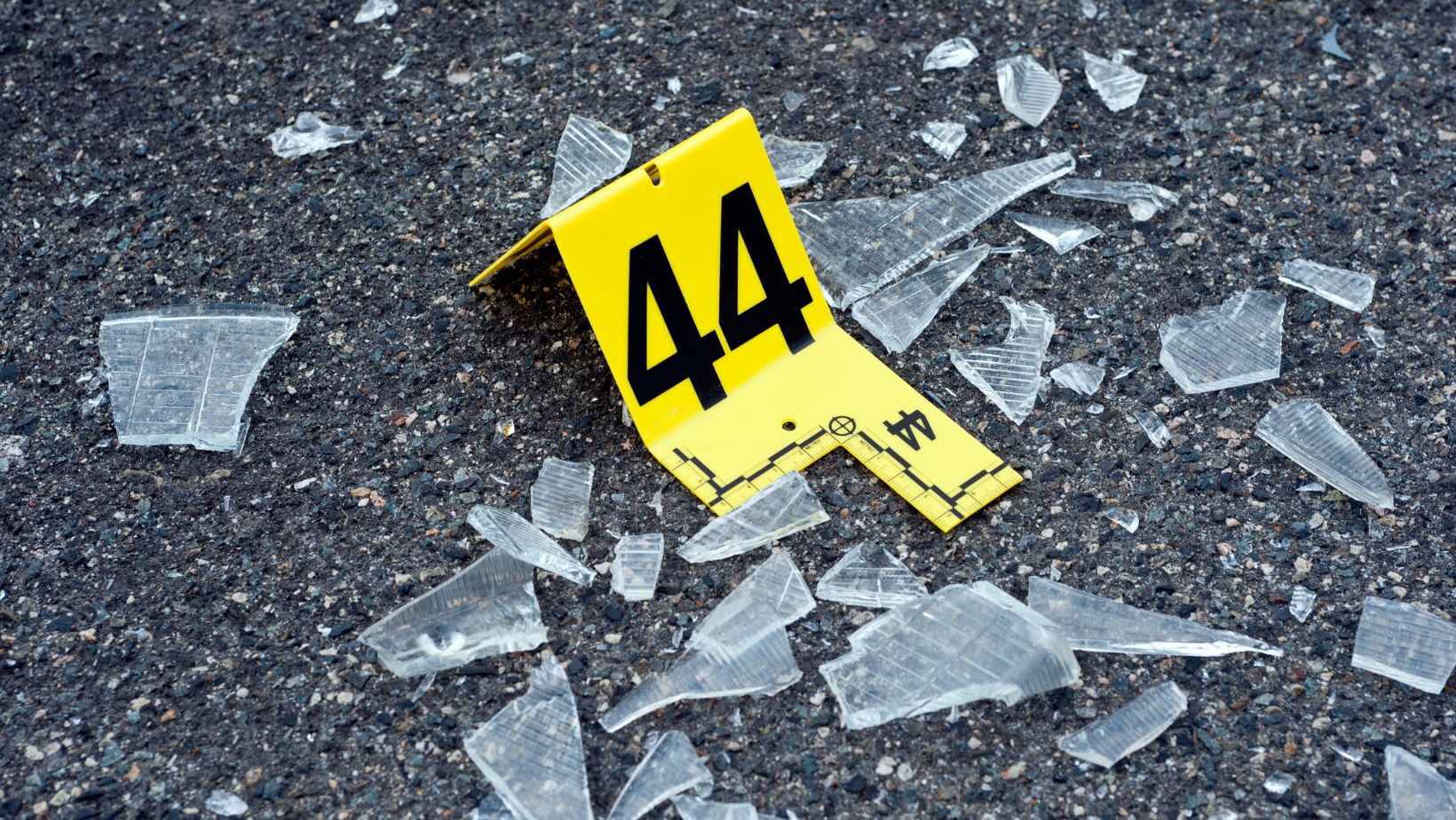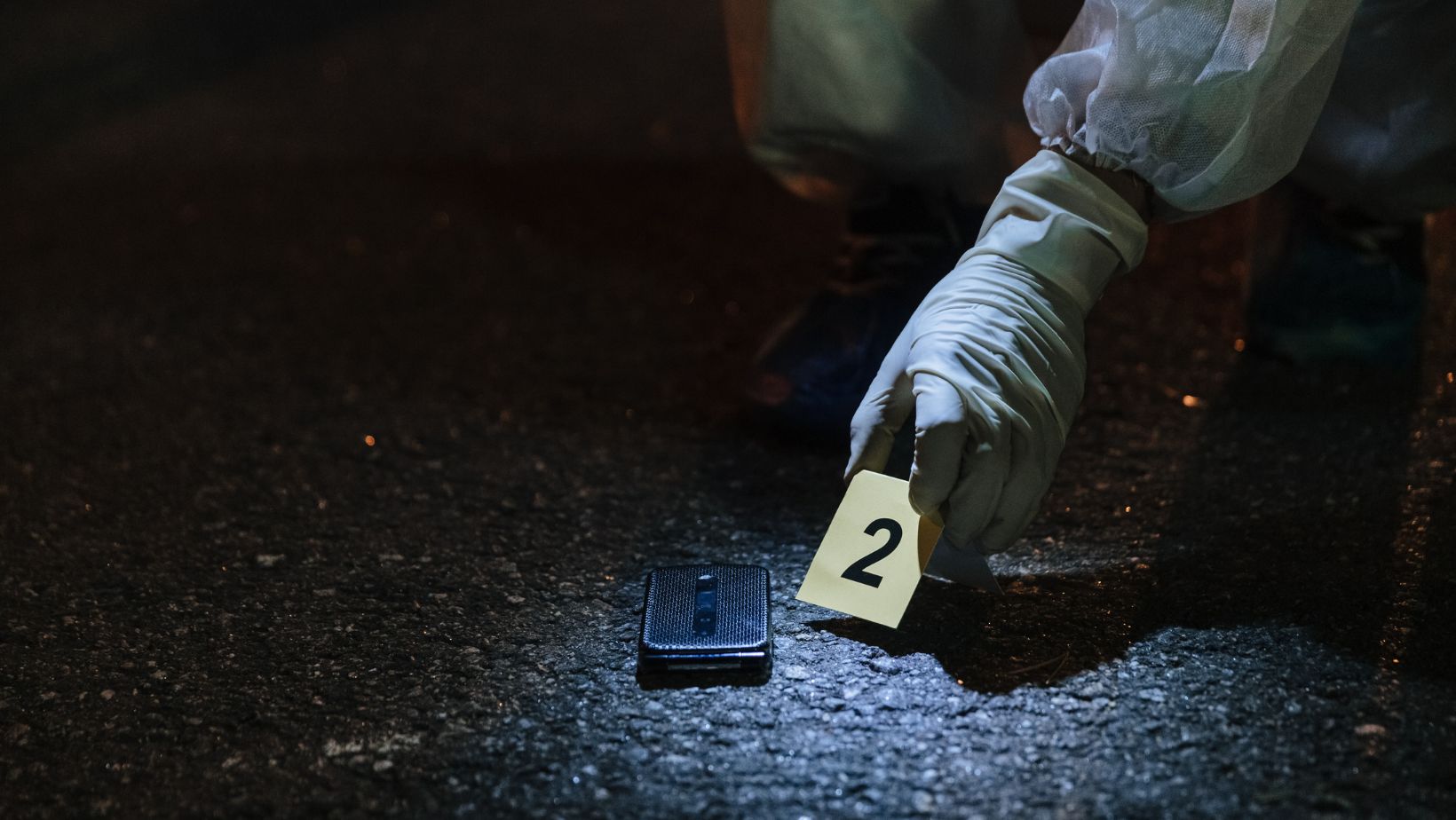Table of Contents
Toggle
What Is Evidence in a Criminal Case?
In criminal law, evidence includes anything that helps a San Francisco criminal lawyer establish facts relevant to the case. Whether physical items, witness statements, or digital information, evidence is used to either support or refute the charges. For the defense and prosecution, presenting reliable evidence is critical to building a strong case. Like other states across the United States, San Francisco courts rely heavily on evidence to establish whether a defendant is guilty or innocent.
Evidence must meet specific standards to be admissible in court. It should be relevant to the case, meaning it must directly relate to proving or disproving elements of the alleged crime. Additionally, it must be authentic and obtained legally, as evidence gathered unlawfully can be challenged and dismissed in court. For this reason, many people in San Francisco consult a defense attorney who can help navigate the complex rules surrounding evidence and its use in trials.
Types of Evidence in Criminal Cases
Evidence can take many forms, and understanding these types can shed light on how cases are built and defended in San Francisco’s criminal courts. Here’s a look at the most common types of evidence used in criminal trials:
Physical Evidence
Physical evidence, or “real evidence,” includes tangible items like weapons, drugs, fingerprints, and DNA that directly connect to the alleged crime. For example, a weapon with the defendant’s fingerprints can be pivotal. However, it must be carefully handled to avoid contamination, as mishandling can weaken its credibility.
Testimonial Evidence
Testimonial evidence includes statements from witnesses, whether they directly observed the crime or offered expert knowledge.

While witness testimony is valuable, it can sometimes be unreliable due to factors like memory bias. Defense attorneys often challenge witness credibility when statements seem influenced or mistaken.
Digital Evidence
Digital evidence has grown in importance in San Francisco, encompassing data from devices like computers, smartphones, emails, and social media. For example, online messages related to a crime can be used as evidence. Digital evidence must be carefully authenticated to ensure its integrity, often requiring specialized legal assistance.
Documentary Evidence
Documentary evidence includes records like contracts, receipts, and bank statements that establish facts. For example, unusual bank transactions can be a piece of significant evidence in a fraud case. These documents must be proven authentic to be admissible in court.
Circumstantial Evidence
Circumstantial evidence implies a connection rather than directly proving it, such as someone being seen fleeing a crime scene. Though indirect, it can build a compelling case when multiple pieces form a pattern that suggests a conclusion.
How Is Evidence Collected and Processed?
Evidence collection is a meticulous process overseen by law enforcement. Crime scenes are carefully documented, with every piece of potential evidence gathered under strict procedures to prevent contamination. In San Francisco, law enforcement uses both technology and traditional investigative techniques to collect and preserve evidence.
Evidence processing usually involves forensic experts who analyze physical items, digital data, and biological materials, such as DNA, to verify their relevance to the case. Once evidence is processed, it must be documented accurately to create a clear chain of custody—a record showing who handled the evidence at each stage. This process is vital because any gaps or inconsistencies in the chain of custody could render evidence inadmissible in court.
What Are the Rules of Evidence in San Francisco?
Like all California jurisdictions, San Francisco adheres to the California Evidence Code. This code establishes rules that govern what types of evidence are admissible in court and how they must be handled. The goal is to ensure a fair trial by admitting only reliable and relevant evidence while excluding anything that could unfairly prejudice the jury.
Evidence laws cover various aspects, including:
- Relevance: Evidence must directly relate to the case.
- Hearsay: Hearsay, or statements made outside of court, are generally inadmissible, with some exceptions.
- Privilege: Certain relationships, such as attorney-client, allow for confidential communications that are protected from disclosure.

These rules can be complex and may vary depending on the case. A criminal lawyer can provide guidance on how evidence laws apply in each unique situation, helping victims understand what evidence may be admissible and how it could impact the trial.
The Role of a Criminal Lawyer in Handling Evidence
A criminal defense attorney in San Francisco plays an essential role in navigating the complexities of evidence in criminal cases. From understanding the rules of evidence to challenging the prosecution’s claims, an experienced lawyer can make a significant difference in the outcome of a case. They meticulously analyze all available evidence, searching for weaknesses or irregularities that could benefit the defense.
Moreover, criminal lawyers work closely with forensic experts, investigators, and other professionals to build a comprehensive defense strategy. They also handle negotiations with the prosecution, aiming to reduce charges or seek favorable outcomes when possible. Given the evidence’s impact on a case, consulting a lawyer is often a vital step for anyone facing criminal charges in San Francisco.
In San Francisco criminal cases, evidence is more than just information—it’s the core of any legal argument. By understanding the types of evidence, how it’s collected, and the role it plays in court, individuals involved in criminal cases can better grasp their situation. Whether you are facing charges or supporting a loved one through the process, remember that evidence must be handled with care, challenged when necessary, and always presented accurately.
For those navigating the complexities of the justice system, a San Francisco criminal lawyer can provide the expertise and support needed to ensure that evidence is treated correctly, ultimately aiming for a fair and just outcome. With a deep understanding of local court procedures and evidence laws, a skilled lawyer can effectively advocate for their client’s rights throughout the entire process.















